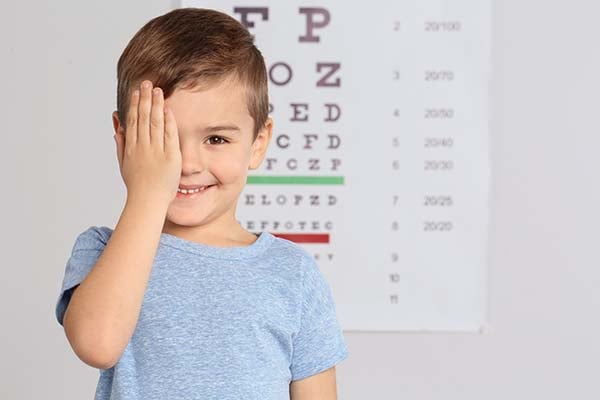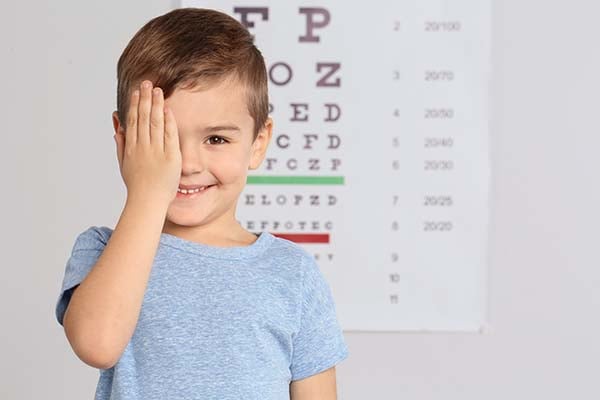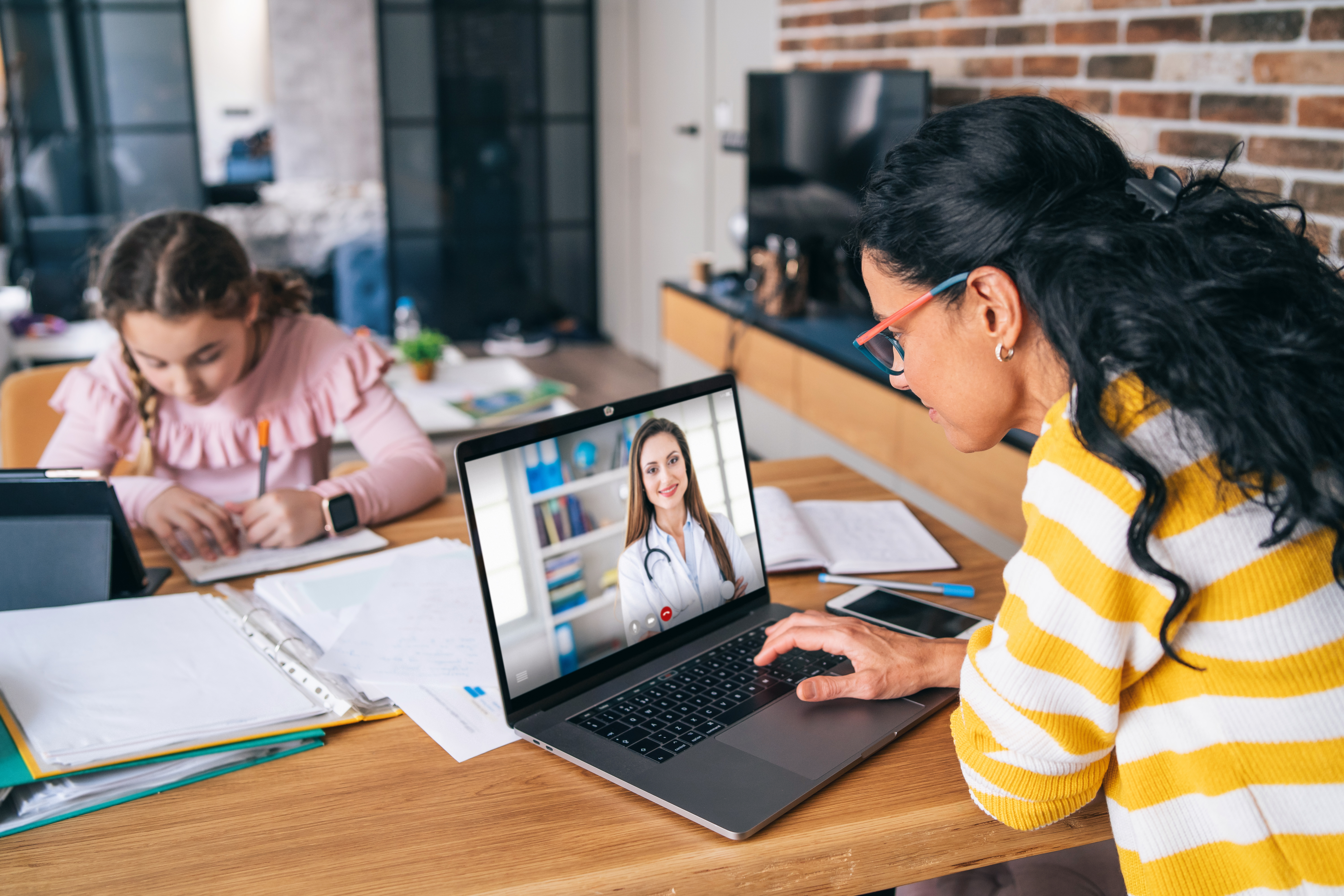By Laura Bollinger, RDN
We use them all day long and most of us never even think about it. From moving through the halls of our homes, to driving, eating, or checking our notifications, our vision makes navigating these situations easier. The majority of us likely take our eyes and our ability to see for granted. Like many things we take for granted, we don't realize how much we use it until it is damaged.

It is estimated the 90% of eye injuries could be prevented. Like many aspects of health, there are numerous things we can do to protect our vision and keep our eyes healthy. Consider taking some or all of the steps below to reduce your risk of eye damage:
1. Avoid or quit smoking. Smoking increases the risk for several types of eye diseases. According to the 2014 Surgeon General’s Report, smoking causes cataracts and age-related macular degeneration. Smoking also increases the risk of diabetic retinopathy in those with diabetes, and dry eye syndrome.
2. Eating healthy foods. You’ve probably heard that you should eat carrots for your eyes. Believe it or not there is some truth to this! Carrots are rich in vitamin A which is important for vision, so including carrots in an overall healthy diet can support healthy eyes.
Eating a diet rich in green vegetables, including kale and spinach, may reduce the risk of age-related macular degeneration. These leafy green vegetables contain two carotenoids, lutein, and zeaxanthin that are deposited in our eyes and help to filter harmful blue wavelengths of light. These powerful carotenoids are also antioxidants that decrease the risk of cataracts too.
Additionally, eating healthy foods can reduce the risk of developing type 2 diabetes and, therefore, reduce the risk of developing diabetic eye disease.
3. Stay physically active. Regular exercise reduces the risk of eye diseases by decreasing the risk of problems that could lead to eye disease such as diabetes or hypertension.
4. Maintain healthy blood pressure. High blood pressure increases the risk of developing glaucoma. If you have diabetes, maintaining normal blood pressure is a very important part of preventing diabetic retinopathy.
5. Protect your eyes from the sun. We often hear about protecting our skin in the sun with protective clothing or sunscreen, but it is also important to protect your eyes. Ultraviolet (UV) rays from the sun can cause sunburns on the skin and can cause damage to our vision. Protect your eyes by wearing glasses or hats that block UV rays. In addition to coming directly from the sun, UV rays can be reflected off of bright surfaces such as water or snow.
6. Wear protective eyewear. At home or work, during sports, or even playing with toys, protecting our eyes should be a consideration. Common causes of injury at home include cleaning chemicals and detergents. These products may splash into the eye or could come into contact with our eyes from our hands.
For several reasons, but particularly eye safety, it is important to teach young children not to run with sharp objects whether it's a utensil or a toy. While it is unlikely for most to wear protective eyewear while cleaning or playing, take appropriate precautions to prevent eye injury such as washing hands thoroughly.
Eye protection should be worn when doing projects around the house or yard and during many sports. Talk to your doctor and children about eye safety during sports.

With August being National Eye Exam Month, it is a good time to remember to schedule an annual exam. Even if your vision seems normal, it’s important for kids and adults alike to see an eye doctor regularly. Young children may be nervous to see an eye doctor, but it doesn’t need to be a scary event. Try to ensure your child has a positive experience with these tips:
- Ask friends in your area for recommendations for eye doctors who are especially good with children
- Take your child with you when you have your eyes examined
- Schedule the appointment during your child’s normal time to be awake (not nap time)
- Prepare a list of questions ahead of time, then take notes during the exam
- Bring snacks and activities for the waiting room
- Have your child bring a doll or stuffed animal to get an “exam” as well
- Help your child to relax by being relaxed yourself
Eye Exams Through the Stages of Life:
If you’re a Medi-Share member, there’s never been a better time to schedule vision exams using your Medi-Share Select Savings Card! Visit the Careington website for more information about vision, dental, and more discounts.











Comments